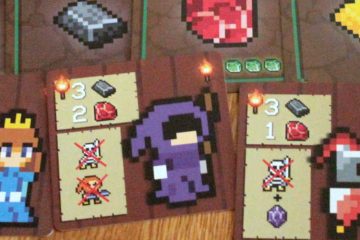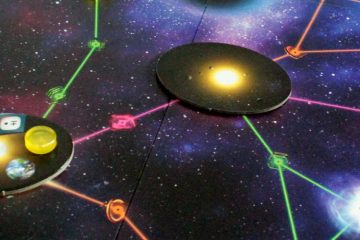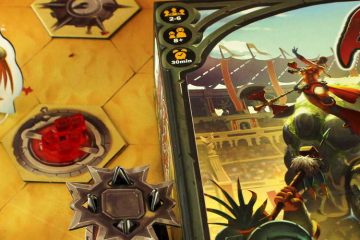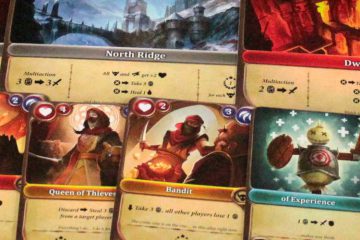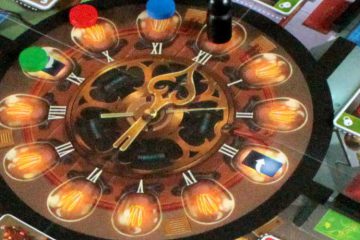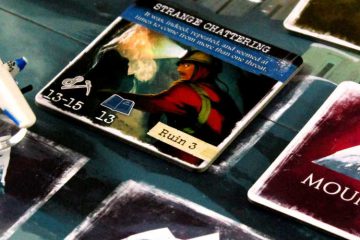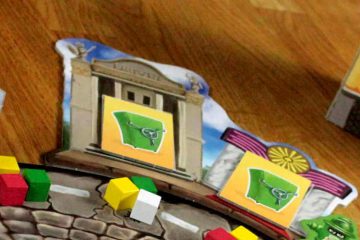Anything worth doing is worth doing as a contest. Running? Sure. Jumping? Certainly. Rolling dice? Well, duh.Throwing typewriters? It’s been done. Digging? I’m not sure if it’s been done before, but now there’s DIG, so you can do it in the comfort of your own home. It should have been obvious that there would be an annual digging contest somewhere in the multiverse. This one is only for the bravest of adventurers. The Hill has treasures aplenty, but it also has monsters, cave-ins, and your competitors.
Read more